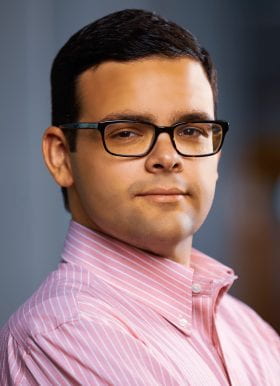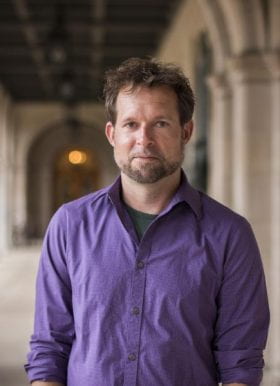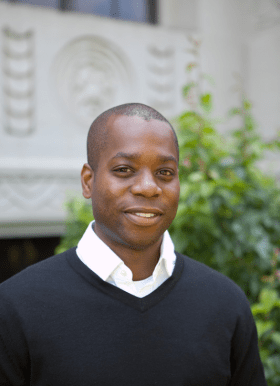
The application cycle for Fellowships is now closed.
We are thrilled to announce that the application cycle for CRE2 Faculty Fellowships is now open! As part of our commitment to expanding support for impactful scholarship, we are excited to introduce a new component to our fellowship program.
Starting this cycle, we will be accepting fellows in both the Fall 2025 and Spring 2026 semesters. This change aims to provide greater flexibility and increased opportunities for faculty to engage with and benefit from our Fellowship program.
While we cannot guarantee placement in your preferred semester, we invite you to indicate your preference when applying. We will do our best to accommodate your choice.
While research is at the core of ongoing faculty activities and intellectual life, time to devote solely to research can be transformative in generating unique scholarly interventions. That time is what CRE2 Faculty Fellowships provides. Fellowships also foster connections, catalyze new conversations in the study of race and ethnicity, and create lasting collaborative scholarly and professional partnerships.
Fellows will be released from their ordinary teaching, service, and administrative obligations. Fellows will have access to office and meeting space at CRE2. Fellows will be released from their ordinary teaching, service, and administrative obligations. Fellows will participate in and lead collaborative workshops and seminars and will be integral to the CRE2 intellectual community. Each Fellow will have an opportunity to lead a workshop on their own research and scholarship; this workshop will be open to CRE2 Faculty Affiliates and the Fellow’s own invited guests.
Only CRE2 Faculty Affiliates are eligible to apply for Faculty Fellowships. Applicants must be Affiliates at the time of their application. Affiliates are welcome and encouraged to apply for Faculty Fellowships and all other CRE2 funding opportunities. However, Affiliates who have not received CRE2 funding (with the exception of Small Grants) will be given priority.
The submission cycle for Fellowships is now closed.
The following criteria will be used in evaluating the proposals by an Appointed Faculty Fellow
Selection Committee:
- The overall quality and significance of the proposed research
- The usefulness of the Fellowship at this stage in the applicant’s project
- The potential of the proposed work to advance the applicant’s overall research program
- The potential of the proposed work to advance the broader study of race/ethnicity
- Fellows must be in residence at Washington University during the Fellowship period.
- Fellows will be released from teaching and service obligations during their Fellowship semester.
- Fellows must lead a workshop focused on their research during the Fellowship semester. This workshop should align with the workshop statement in the application.
- Fellows must attend the workshops given by other Fellows.
- Fellows must attend at least two CRE2 sponsored events during the Fellowship semester.
- Fellows must submit a 500-word final report including any grant proposals, publications, exhibitions, or other scholarly products submitted or in preparation within two months after the end date of their fellowship and will notify CRE2 of any proposals, exhibitions, and other scholarly products subsequently submitted or awarded/accepted. Fellows’ papers, publications, and other scholarly products will acknowledge the CRE2 Faculty Fellowship support using the statement, “This work has been funded by the Center for the Study of Race, Ethnicity & Equity at Washington University in St. Louis Faculty Fellowship Program but the views remain those of the author(s).”
Cover Sheet
Before applying, please download the cover sheet to be signed by your department chair or Dean. You will be asked to upload the completed and signed coversheet during the application process:
Spring 2025 Faculty Fellows
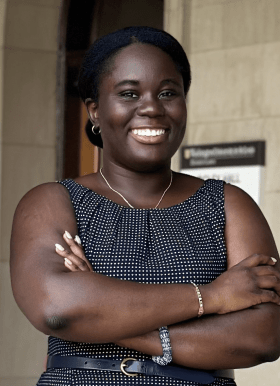
Ama Bemma Adwetewa-Badu
Assistant Professor of English
Network Poetics: Black Transnationalism, Poetry, and the Making of Literary Worlds

Mona Kareem Husain
Assistant Professor of Jewish, Islamic & Middle Eastern Studies
The Other Gulf: Literary Cultures of Race in Southwest Asia
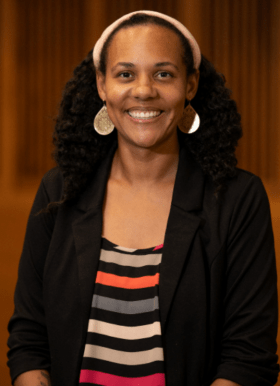
Seanna Leath
Assistant Professor of Psychological and Brain Sciences
Examining Misogynoir and Gendered Racial Socialization in Black Familial Contexts
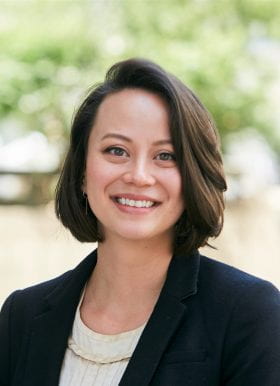
Caitlin McMurtry
Assistant Professor, Brown School
State Violence and the Structural Origins of Vaccine Hesitancy
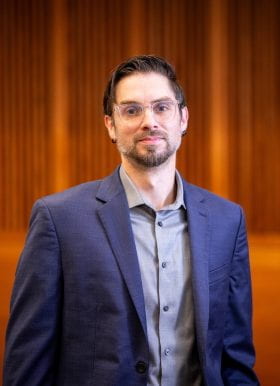
Dalen Wakeley-Smith
Assistant Professor of History
Gypsy Madness: American Roma, Immigration Regimes, and Race in New York City
Spring 2024 Faculty Fellows
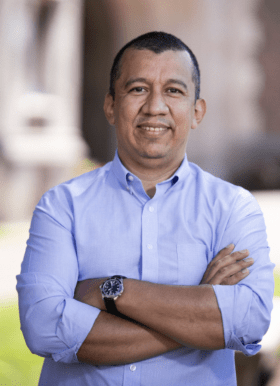
Ted Enamorado
Assistant Professor of Political Science
The Shadow Carceral State and Racial Inequality
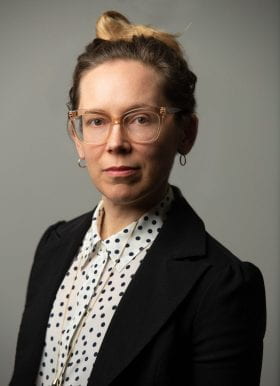
Esther Kurtz
Assistant Professor of Ethnomusicology
Groundwork: The Racial Politics of Capoeira Angola in Backland Bahia
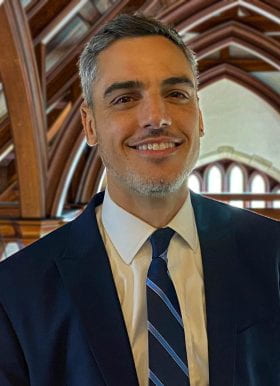
Rafael Pardo
Walter D. Coles Professor of Law, School of Law
The Color of Bankruptcy: Financial Failure and Freedom in the Age of American Slavery
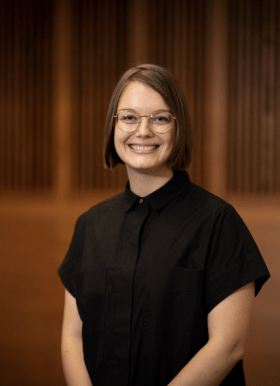
Kiara Wyndham- Douds
Assistant Professor of Sociology
Designed to Exclude: Examining Zoning’s Role in RacialSegregation Using the St. Louis Zoning Atlas
Spring 2023 Faculty Fellows
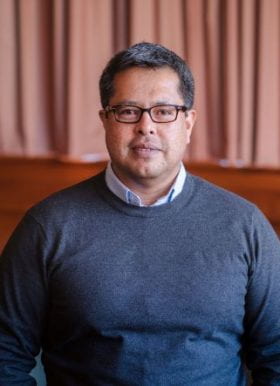
Javier García-Liendo
Associate Professor of Spanish
The Children of Indigenismo: Schoolteachers and the Making of Popular Modernity in Peru, 1939-1967
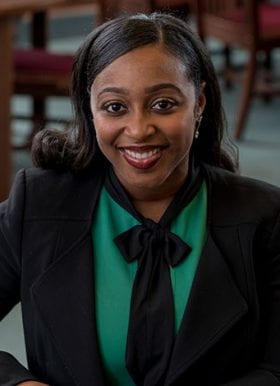
Tyriesa Howell
Assistant Professor, Brown School
Exploring the Engagement of Father Involvement on the Culture of Infant and Maternal Health in NICU Settings

Pauline Kim
Daniel Noyes Kirby Professor of Law
Combating Algorithmic Discrimination Through Law and Design
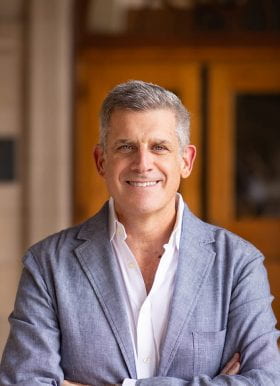
William J. Maxwell
Professor of English and African and African-American Studies
James Baldwinism Now: Civil Rights Memory in the Era of Black Lives Matter

Paul Steinbeck
Associate Professor of Music
Black Earth: Nicole Mitchell and the Future of Creative Music
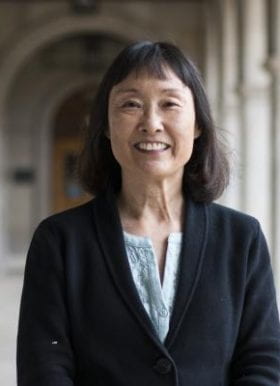
Akiko Tsuchiya
Professor of Spanish
The Politics of Public Memory: Racist and Colonial Monuments in Modern Spain
Spring 2022 Faculty Fellows
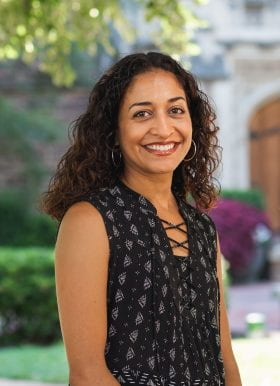
Cynthia Feliciano
Professor, Sociology
Legacies of Inclusion: Children of Asian and Latin American Immigrants from Adolescence to Adulthood
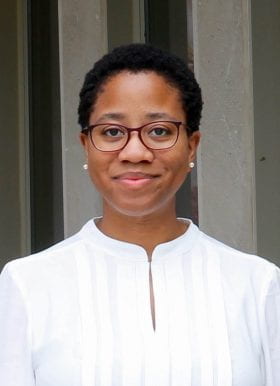
Karma Frierson
Assistant Professor, African and African American Studies
The Recreation of Blackness: Roots, Rhythms, and Routines in Veracruz, Mexico
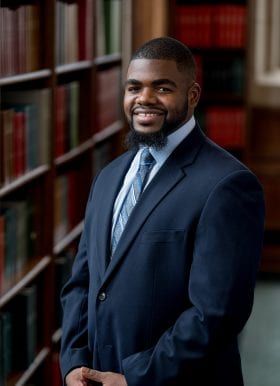
Husain Lateef
Assistant Professor, Brown School
Cultural Socialization and Premature Death Risk among Young Black Males
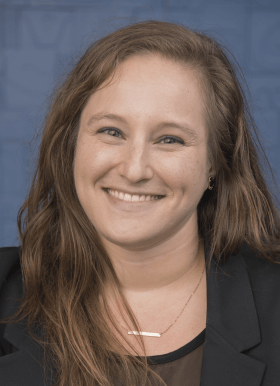
Ariela Schacter
Assistant Professor, Sociology
The Unequal Geography of Information: How Racialized Online Rental Housing Advertisements Affect Perceptions of Neighborhoods
